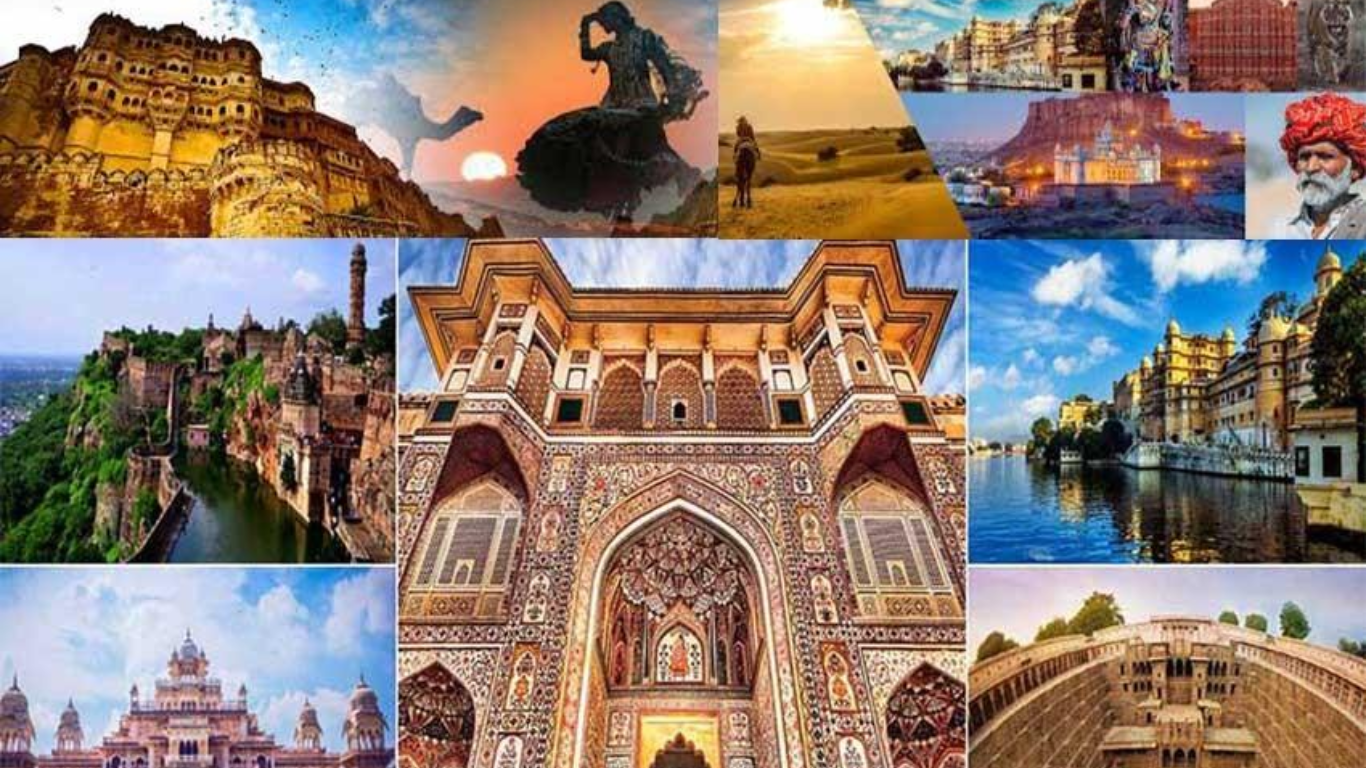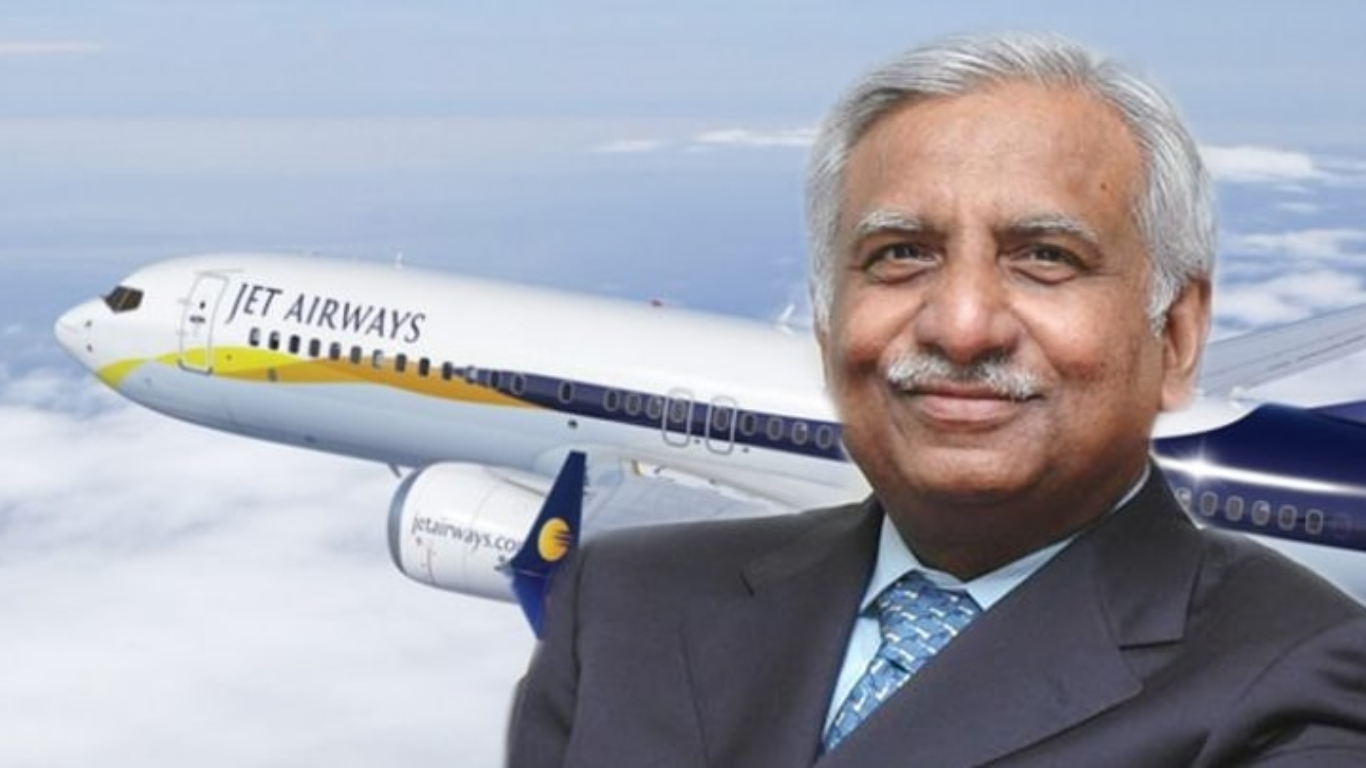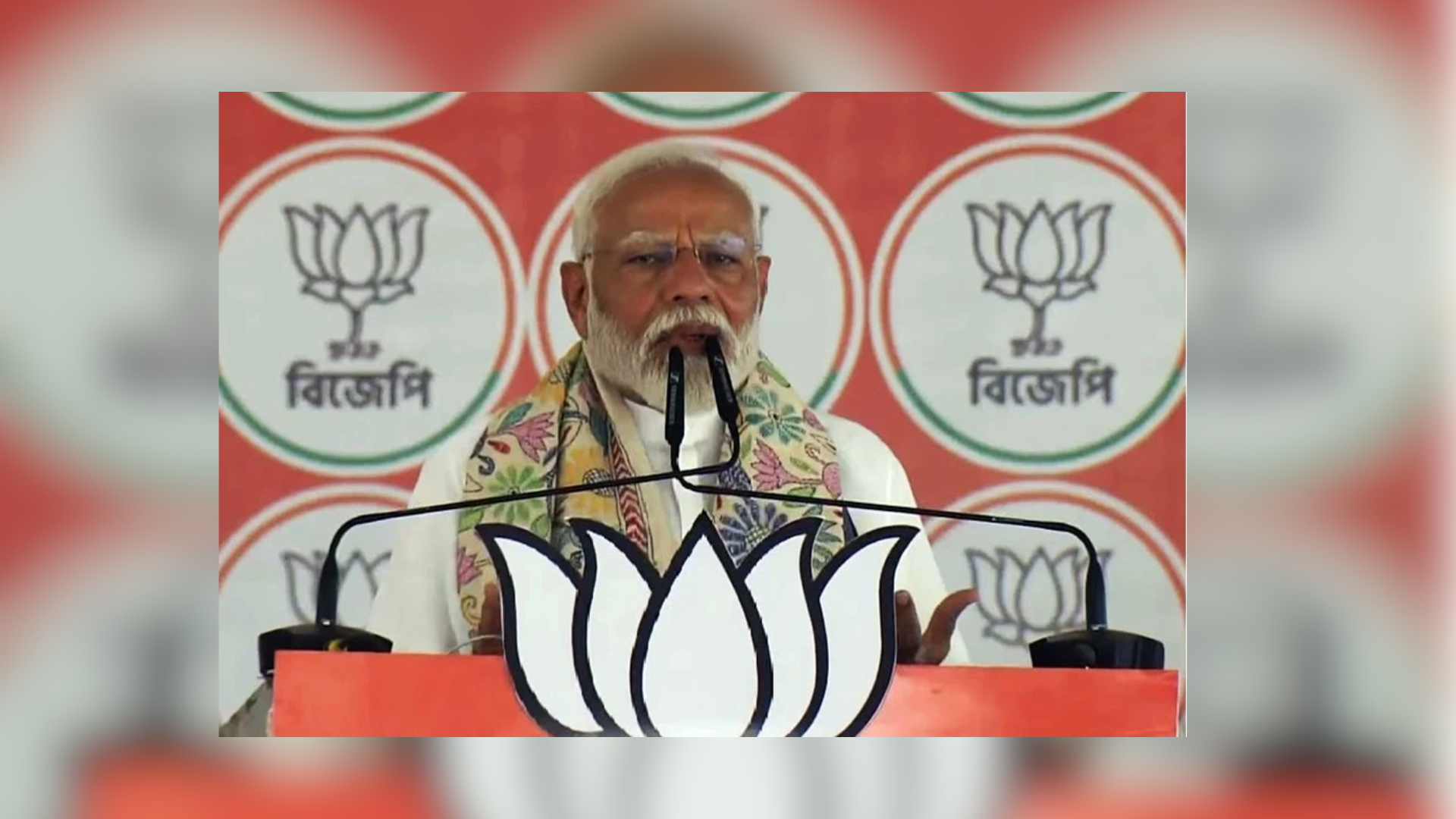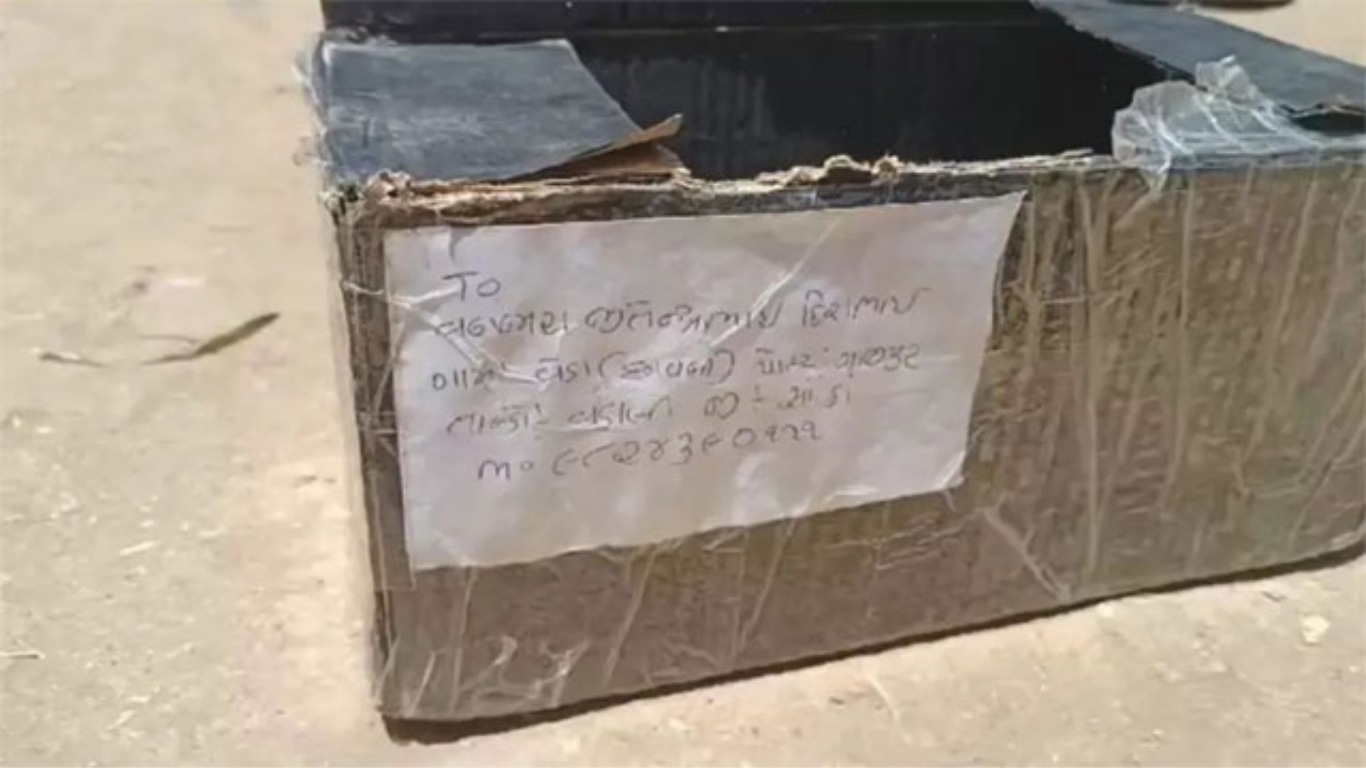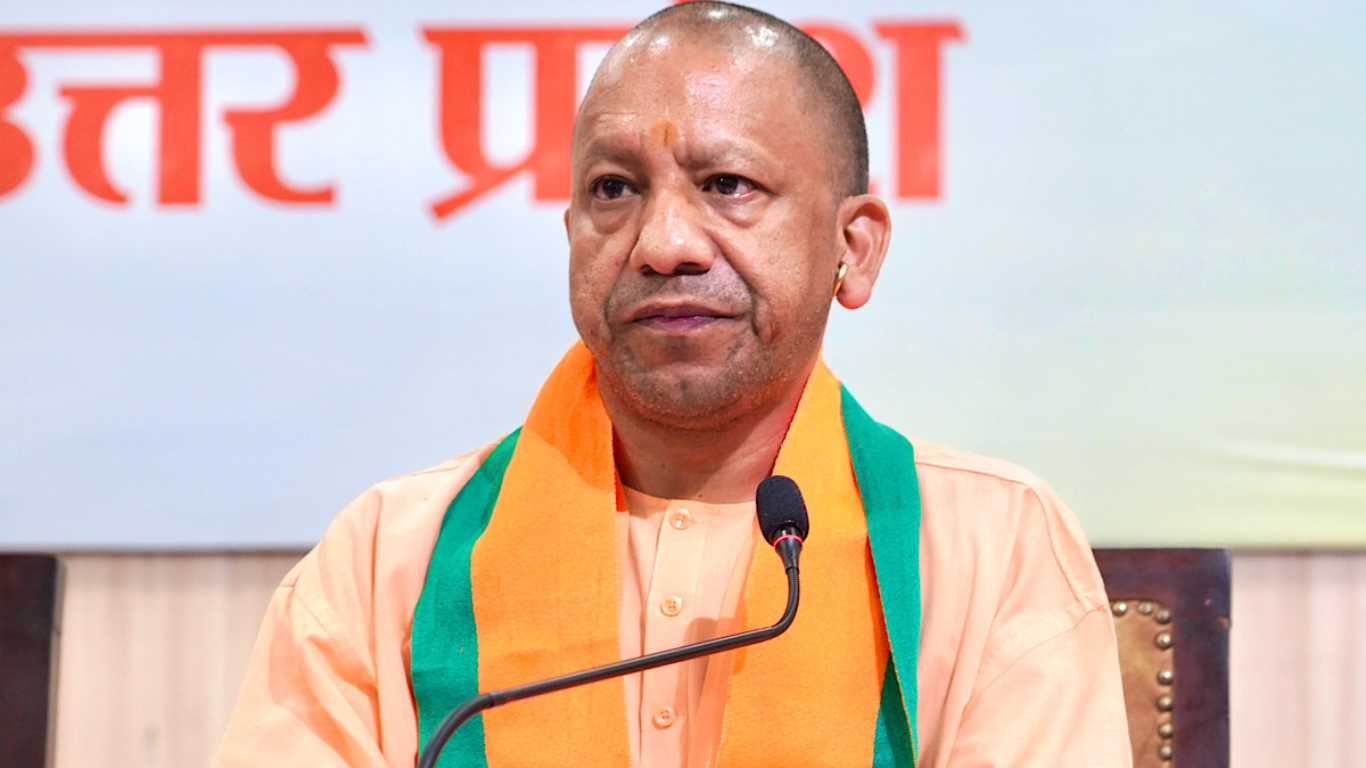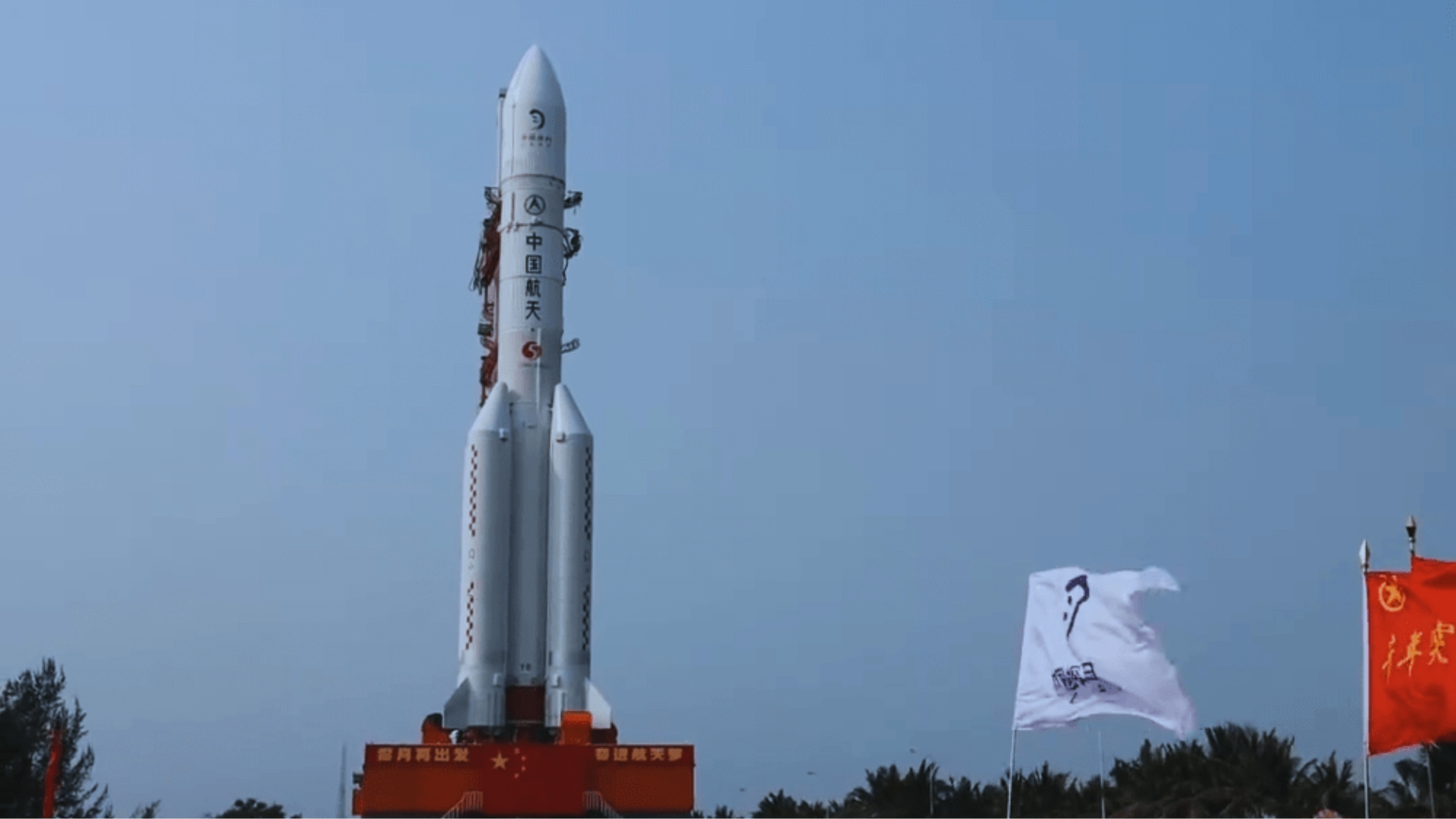



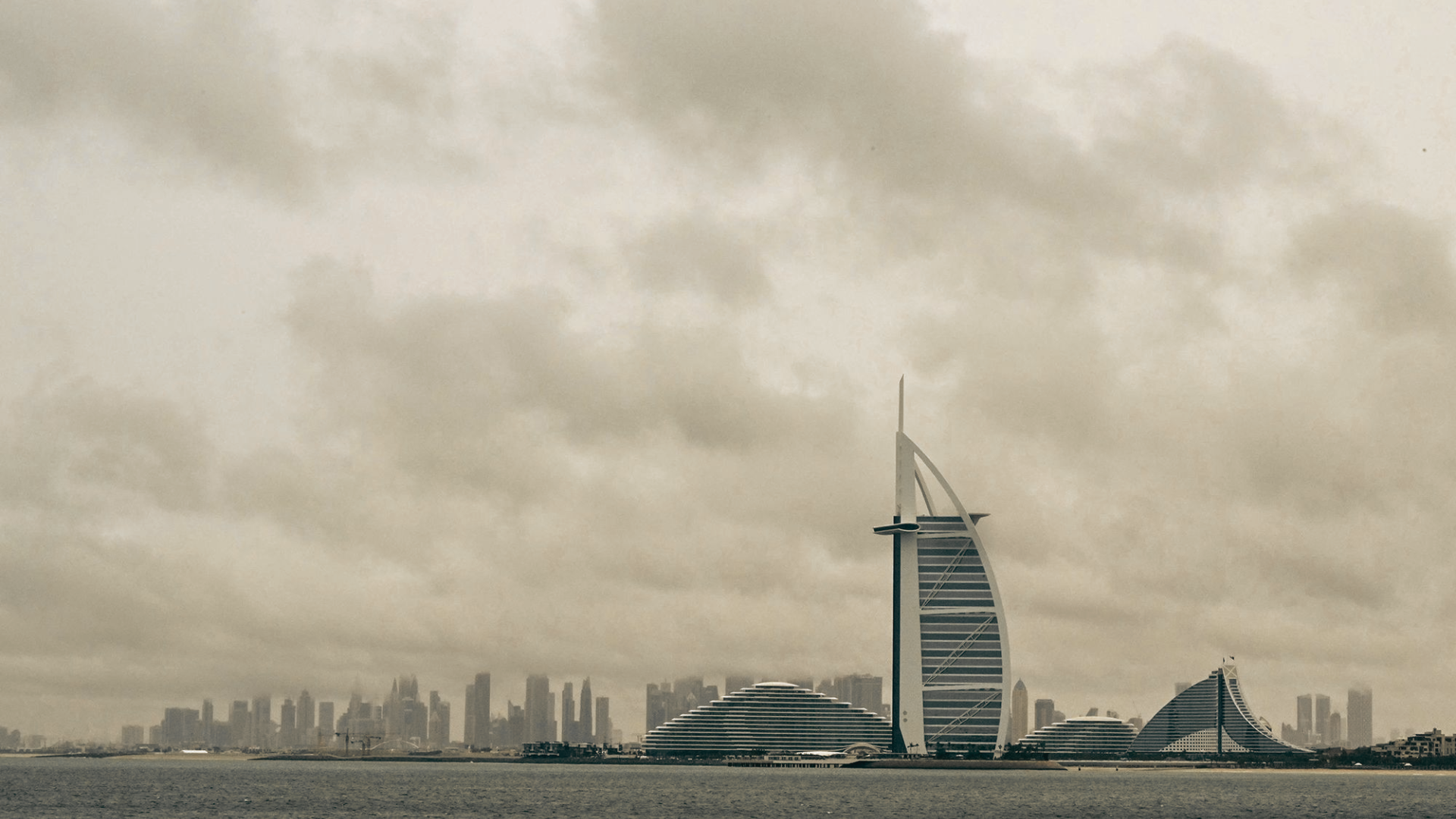
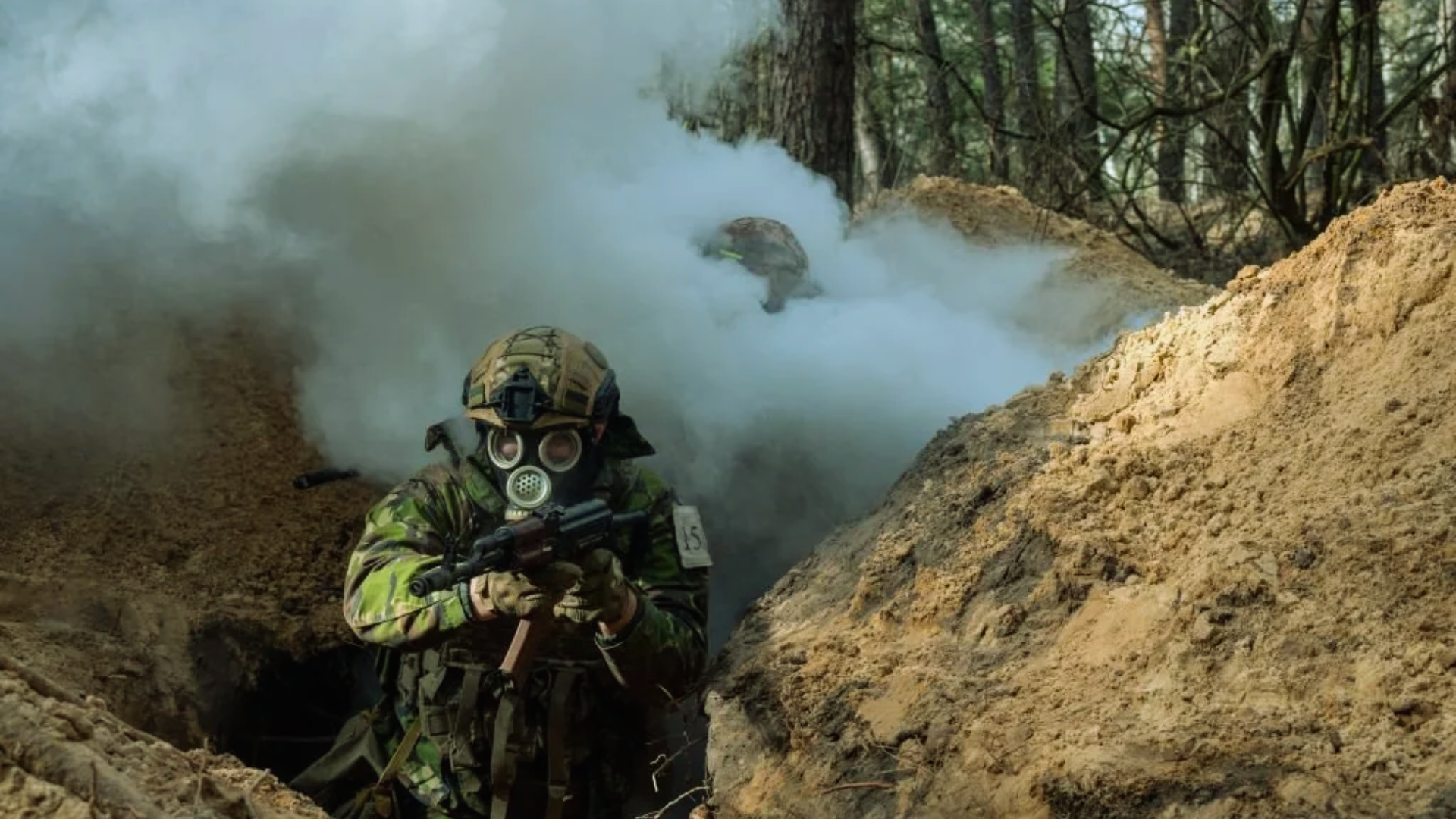

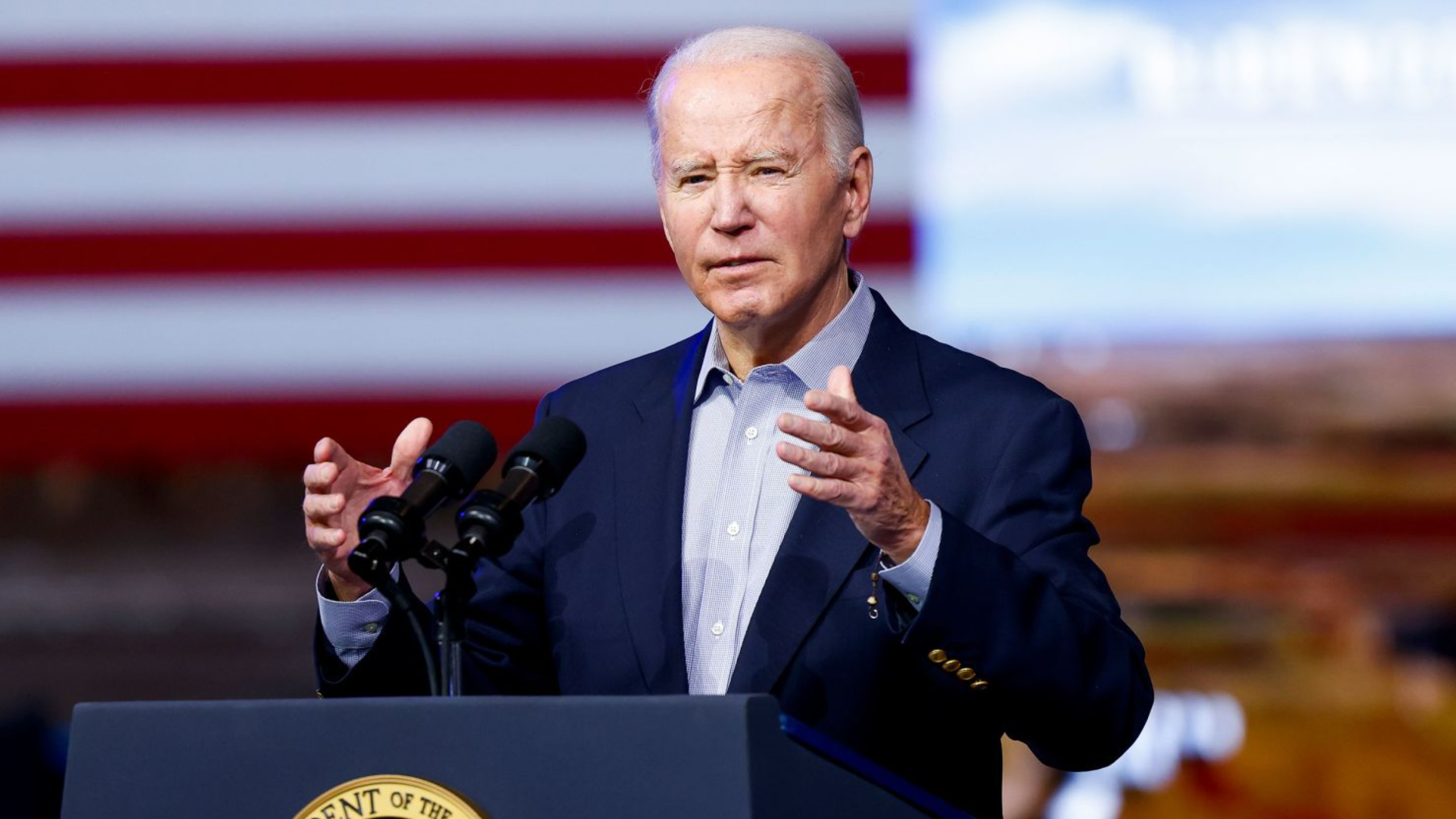

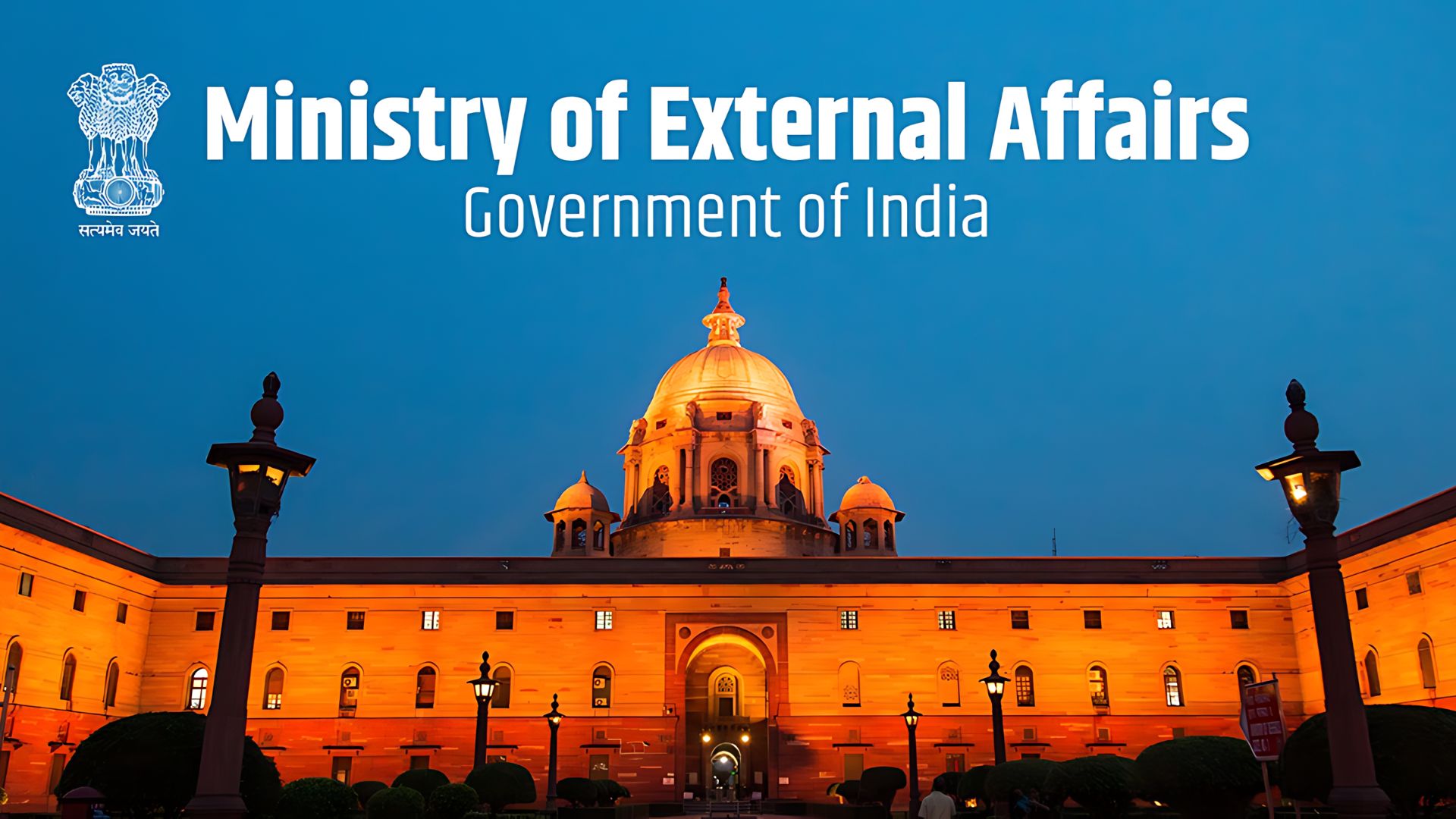
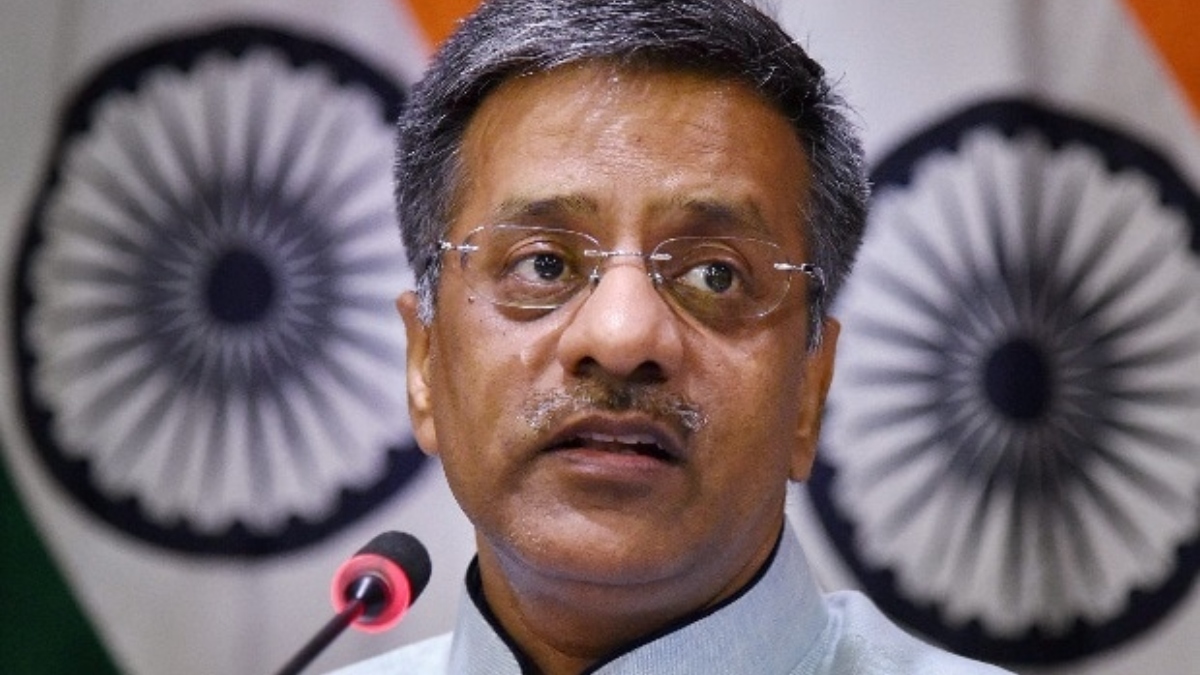
High Commissioner of India to Sri Lanka Gopal Baglay reaffirmed India’s resolve to continuing to assist Colombo with its economic recovery.
Earlier on Saturday, the High Commission tweeted, “Neighborhood First” strategy of India, according to the High Commission of India in Sri Lanka, aims to bring about peace, prosperity, and progress for everybody in the area. “I much appreciate what our Sri Lankan brothers and sisters have to say about India’s multifaceted assistance to the people of Sri Lanka. The High Commissioner reaffirmed her commitment to aiding in the revival of the economy.”
India has been in the forefront of providing Sri Lanka with economic aid in accordance with their needs and is one of the nations that has given the most aid at a time of need.
On August 31, Ali Sabry, the foreign minister of Sri Lanka, declared at a ‘Thank You India’ event: “Without the assistance of the Indians, we would have been finished. We are really appreciative of it.”
Numerous Sri Lankans are suffering from food and fuel shortages as a result of the country’s severe economic crisis. Since the COVID-19 epidemic began, the economy has been in a free slide.
Sri Lanka has been going through a worsening economic crisis since the start of 2022, and the government has stopped paying back its international creditors. 5.7 million people “need emergency humanitarian assistance,” the UN said.
India has given its neighbouring country, Sri Lanka, 21,000 tonnes of fertiliser.
Indian High Commission in Colombo tweeted, “Aroma of comradeship and collaboration. Official delivery of 21,000 tonnes of fertiliser provided by India’s special assistance to the people of Sri Lanka was made by the High Commissioner.”
Sri Lanka is also struggling with a lack of foreign currency, which has, incidentally, interfered with its ability to import food and fuel and resulted in power outages throughout the nation. Sri Lanka was compelled to ask friendly nations for aid due to a scarcity of necessities.

